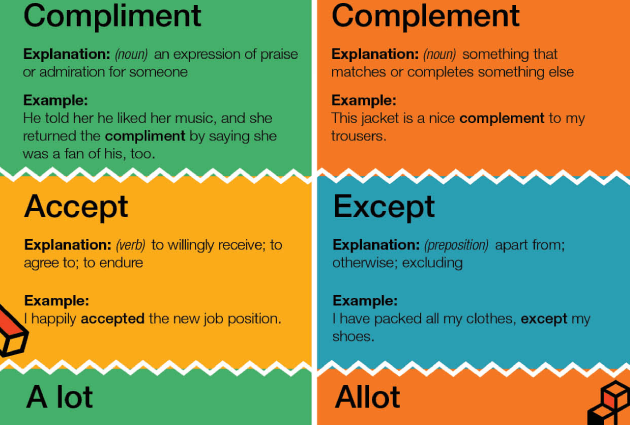Even the warmest and most tender message can be very disappointing if it is misspelled. We seem to learn something about the author of the letter between the lines. What exactly? And why are we so upset by other people’s typos?
Grammatical pedants and spelling “chauvinists” have been predicting the decline of the literary language for decades. Messengers, social networks, the notorious T9 on smartphones… The literacy bar is going down — and that’s a fact. But is it good for speech perception?
Language plays a huge role in many areas of our lives. Some develop an almost allergic reaction to mistakes, and they immediately begin to stick labels: illiterate writing means a half-educated person, an uncultured person, unintelligent.
A recent study shows that such judgmental behavior says a lot about who evaluates other people’s literacy. Linguists Julie Boland and Robin Queen of the University of Michigan set out to find out how differently people react to written errors.
In the study, 83 respondents rated ads from fictitious tenants looking for roommates. The content was always the same, but the spelling was different: typos and grammatical errors were added to the texts.
The typographical errors were minor, made “inattentively” (for example, “abuot” instead of “about”). They did not change the meaning of what was written – our brain read the original meaning. While grammatical errors (“you’re” instead of “your”) sometimes completely changed the meaning of the text.
Introverts and silent people tend to be more annoyed by mistakes than extroverts.
Then, based on the texts they read, the subjects had to rate whether they found the respective candidate to be likeable, smart, or trustworthy. The assessments, according to experts, were not related to the level of education or age of the assessees, but to the personality of the assessors.
First, they were asked to complete a questionnaire. Then their characters were correlated with the classic psychological model of the “Big Five”: neuroticism, extraversion, openness to experience, cooperation (accommodation), conscientiousness (consciousness).
During their study, Boland and Quinn found that introverts and silent people tend to be more annoyed by mistakes than extroverts.
Neurotic people are not bothered by language mistakes, and conscientious but less open people especially dislike typos. As a rule, they can put up with grammatical errors. The quarrelsome and intolerant people, in turn, showed an “allergy” to grammatical errors.
Correct handling of the language is not only necessary in order to better understand each other, but is also considered a criterion of professionalism.
Of course, the results of the study will not be able to seriously affect real life. And yet, the correct handling of the language is not only necessary in order to better understand each other, but is also considered a criterion of professionalism.
For example, some employers trust or distrust employees based on their literacy. And even when applying for a job, candidates are filtered through a spelling test.
In personal correspondence, grammatical errors can kill a relationship. Correctly and well-chosen words without errors can affect the choice of a potential partner. Against the backdrop of the popularity of “lazy” messages, the authors of which are not ready to take the time to correct errors, literates look more sexy.










